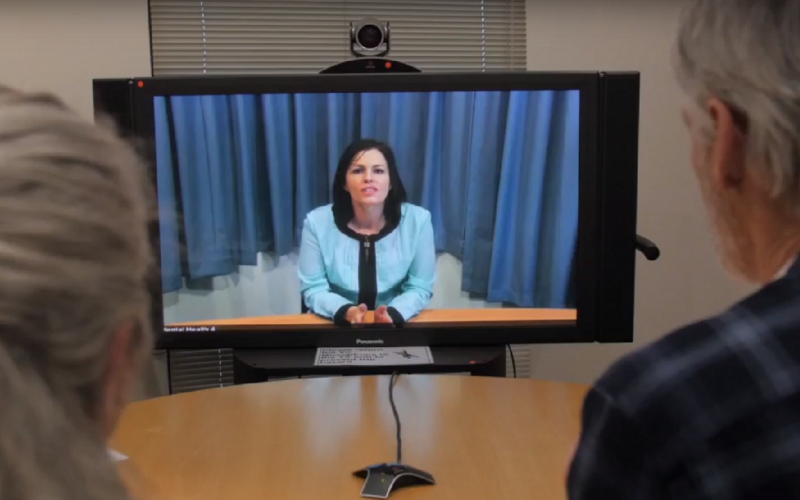Red Nose services to Kimberley parents in Western Australia have been boosted this year thanks to telehealth.

Red Nose offers an First Nation-specific safe sleeping program called “Reducing the Risks Of SUDI in First Nation Communities” (RROSIAC), which educates families about Sudden Unexpected Death in Infancy (SUDI) including Sudden Infant Death Syndrome (SIDS) and fatal sleep incidents.
The program is targeted at raising awareness of infant mortality and explaining sleeping recommendations while taking into account cultural factors and considerations, and regional practices.
Red Nose Education Services Officer Andrew Ring said staff used to make one annual trip to each of WA’s regions.
“While these were successful, it meant educational workshops for health staff in the regions were not as frequent as we’d like,” he said.
“Our recent partnership with the WA Country Health Service’s State-wide Telehealth Service has been extremely beneficial to Red Nose because it’s allowed us to increase education provision and communication with staff in regional areas by using videoconferencing.
“This is now helping us to continually train new staff in current safe sleeping practices, as well as continue offering evidence-based risk reduction advice to families who may be co-sleeping or practising unsafe behaviours.”
Andrew said the recent roll-out of the Pepi-pod safe sleep program in the Kimberley had been greatly assisted by the telehealth network.
“The Pepi-pod program is designed for vulnerable co-sleeping families, providing in-depth education delivery and the opportunity to promote risk-reducing behaviours practised within individual communities,” he said.
“Telehealth has allowed the program to be co-ordinated from the Red Nose Perth office, and considerably cut down travel and staff costs.
“Access to the Telehealth Service in WA has also empowered Red Nose’s bereavement team to be able to offer counselling by videoconference to families in regional and remote areas.”
People living in Western Australia can enquire about telehealth by asking their health professional or calling 1300 367 166.
More information about telehealth is available at: www.healthywa.wa.gov.au/telehealth
